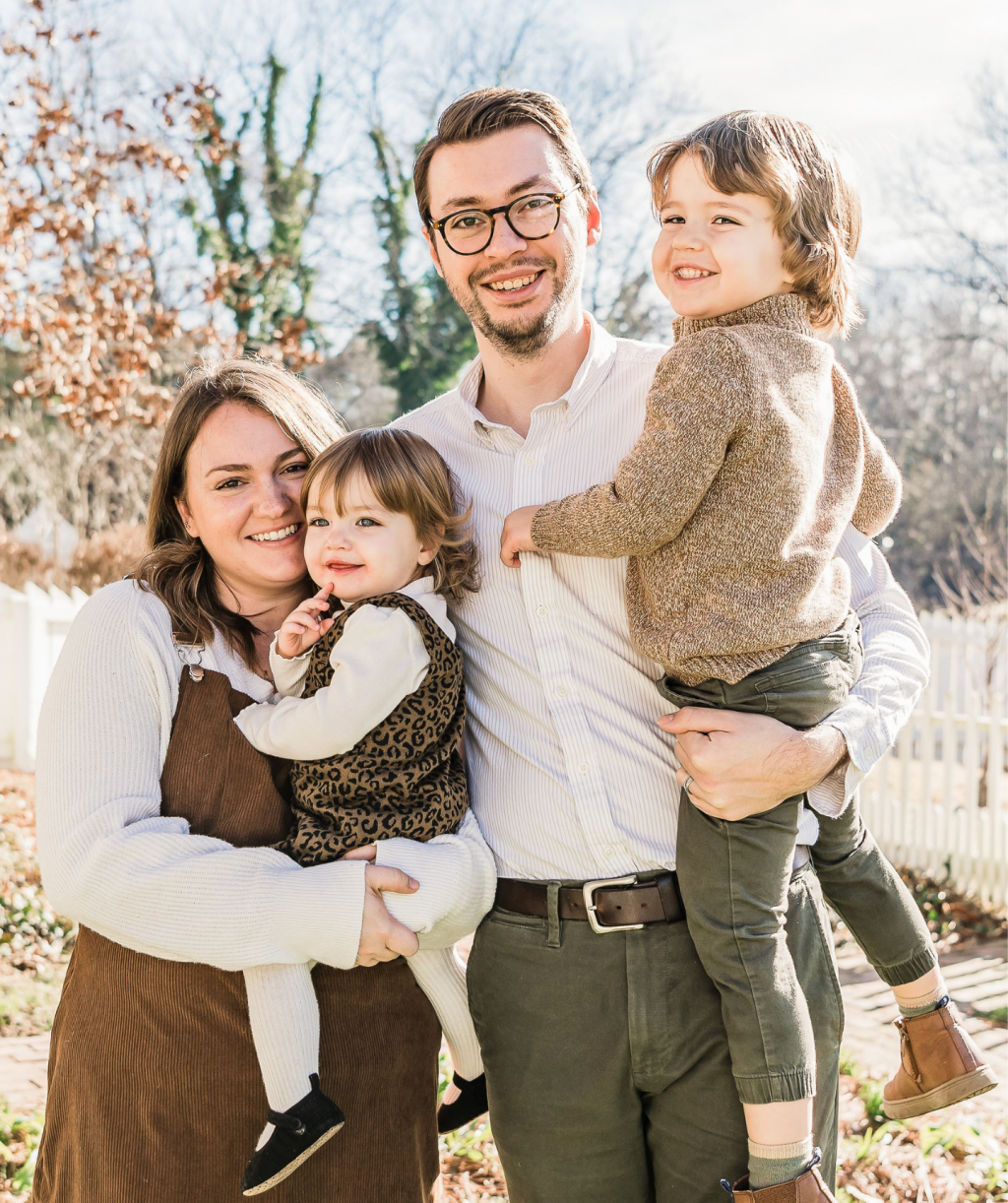
Are You Ready?
I wrestle with this question most days, wondering if I can show up to the present moment and offer whatever part of myself that is needed for the day’s tasks. It’s also the question we ask at the start of every Godly Play session on Sunday mornings here at WUMC. It sounds simple—are you ready? — but the answer may require more of us than we know at first. Being “ready” means we are choosing to lay down all the possible things that are competing for our attention and presence to choose the one thing in front of us. But it also implies a risk; what will I experience if I say yes, and how will it change me? We might say the whole season of Lent asks us the same question, “Holy Week and Easter are coming, are you ready to walk with Jesus through these 40 days?”
Are any of us ever fully ready for what God is doing in the world—in us? But as Methodists, we believe we don’t have to be ready to experience God’s presence with us through the gift of grace in our lives. God is reaching out to us even before we’re aware God is there, calling us to receive love and connection through prevenient grace that goes before us. God is also calling us closer into relationship everyday through the seemingly ordinary experiences of life. But are we ready to notice this call?
This is what I so appreciate about spiritual practices—they are habits that form us to be ready to notice and respond to God’s work among us. They aren’t meant to be a method of works righteousness to gain us favor with God through our pious actions but are instead ways that we can order our lives around receptivity to God’s movement. Just about any healthy habit, if done with intention, can be a spiritual practice.
When I was working through a time of faith transition and deconstruction several years ago, I found that the words I used for prayer and my faith were no longer helpful. Thankfully, I discovered silent contemplative prayer. Contemplative prayer is the practice of sitting in silence to listen for God. In putting aside the need to use my words to connect with God, I discovered that all God needed from me was my presence. God was still with me, and I found comfort and strength in quieting myself to listen for God.
My son, Wilder, was born with a congenital heart defect that required surgery, and he spent his first three weeks in the hospital. This was a season of anxiety and complete exhaustion for me and our family, but I found that holding him was where I felt God’s presence with me the most. The practice of giving my full self to another, especially this new baby who needed me to provide for him, opened me to understand God’s love for us more fully as a parent. My prayer then was holding Wilder and feeling surrounded by God’s love.
When my wife, Katie, and I experienced pregnancy loss at four months, all my spiritual practices suddenly felt hollow. The prayers seemed empty, and I was carved out by loss. I leaned into my frustration and emptiness and wrestled with God, following the Psalmists in not holding back my anger, pain, and disappointment. I discovered in those first weeks of grief that wresting with God was still holding on tightly, and that God did not shrink from the challenge.
All of these are spiritual practices that sustained me through seasons where I definitely did not feel ready for what I was living, but my simple habits done with intention opened my eyes to see how God was walking alongside me the whole way.
This Lent, instead of just giving something up to draw closer to Jesus, consider what God might be calling you to take up—a new spiritual practice that deepens your faith. This doesn’t mean committing to do something for the rest of your life. Instead, it is a time to experiment with where you’re finding life and light with God right now. I’ve listed some ideas below for how you or your family might engage with spiritual practices this Lent. As you try them, you will find some are helpful and some are not. Remember that the intention of growing in relationship with God is what matters, and not the practices themselves. If there is any way that I or the pastoral team can help you discern or grow in these or any spiritual practices, we would love to have a conversation with you. If you would like to share what spiritual practices you find helpful, I would love to hear your story.
Peace and every good,
~ Zach Griggs

